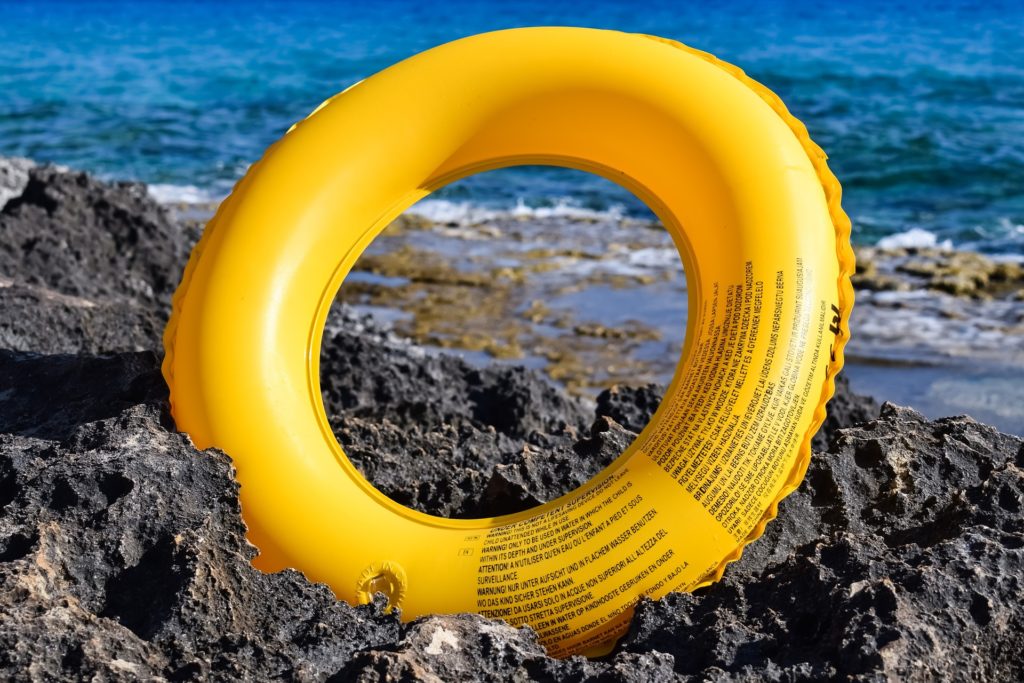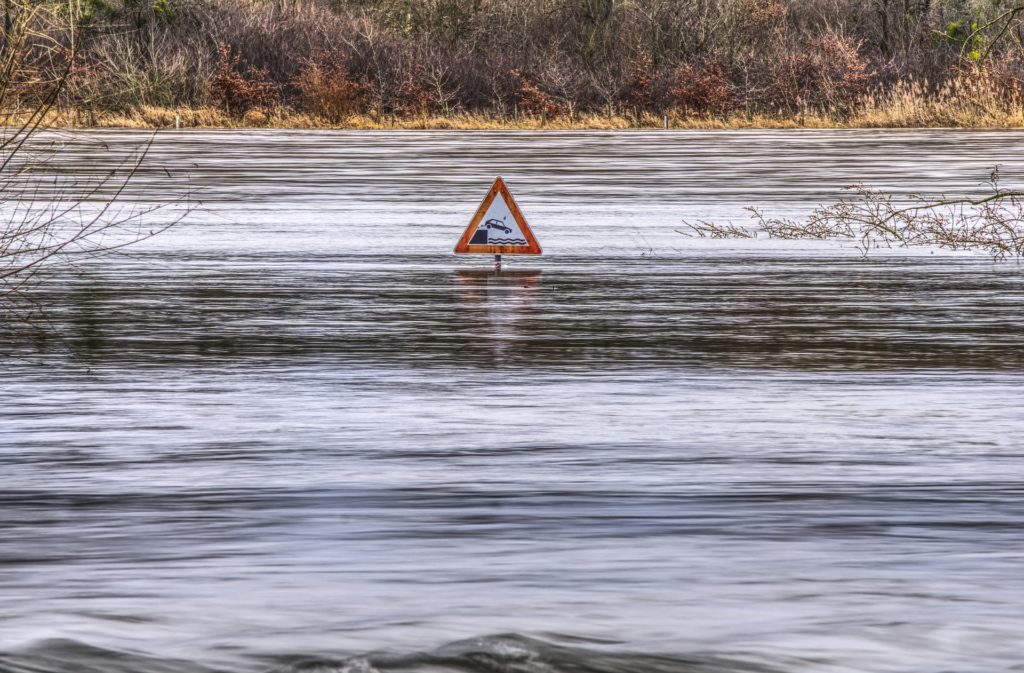There is only one universal answer:
Plan seriously for your Plan B.
It’s as simple as that. Not planning for the (very likely chance) that you may not end up with a faculty track career in academia today is like buying a home by a lake that is known to flood more and more every year, but choosing not to buy flood insurance, not making an emergency evacuation plan, keeping all your valuables and important documents in the basement, and saying “I’ll learn to swim next year” as you get closer and closer to the spring thunderstorms.
Prepare. Now.
You’re not likely to be that much different than every other PhD that came to the chasm between academic fellowships and a full time position, and fell short of bridging what is becoming a larger and larger distance to the tenure track path.
Sure, some make it. But most won’t.
And that’s totally to be expected.
Between experiments, take a good hard look at the data from your own graduate program, your own friends and classmates, and how your generation is doing in your field.
How many of the upper class graduate students got jobs in academia?
How many of the postdocs on your department got a job in academia?
How many faculty positions are there in your field in geographic locations that make sense for your life?
How is the funding situation?
If the future looks dire, why are you not giving yourself the best chance possible at a strong and exciting Plan B for your career, instead of scrambling desperately at the end of your rope when the water’s risen to your neck, and then resentfully accepting a crappy Plan D because you ran out of time and have no other choice?
Believing that you can walk on water when the flood waters rise, or that you can learn to swim to safety without ever having set foot in a pool before, is nothing short of naive, mixed with a tinge of arrogance.
It’s not our fault that we only hear about academic opportunities while in academia. But ultimately it is our fault if we do not choose to take action to learn about – and gain skills in – the vast multitude of opportunities that are outside our university doors, especially in this day and age.
It’s what gets so many of us PhDs in trouble when we’re on the job hunt.

We send out resumes talking about our ability to learn how to swim in pools – or do whatever the job is asking for – yet we’re competing with people who have (to continue the swimming analogy) been honing their diving skills in lakes and oceans for years, learning how to handle crises, waves, currents and undertows, practicing and gaining invaluable knowledge in how to handle challenges that we may never even faced once in our limited careers.
And we wonder why we struggle to find jobs.
If you were hiring a new flood rescue team member, would you prefer a tested, proven swimmer with many dives under her belt – or a potentially awesome swimmer who hasn’t even bothered to learn the breast stroke yet?
Remember that every employer is hiring for an emergency. They want people who can ideally hit the ground running to solve the problem that requires a hire to begin with – so whether you’re applying for a faculty position or a position outside academia, you will do best if you are the most prepared to provide value ASAP.
(By the way, this is why many faculty candidates lose out on a faculty position – not over the quality of their science, but whether or not they bring in funding of their own. Whoever brings the most value ASAP to the hiring entity always wins out.)
PhDs have so much value to contribute on the job market. But most of us, especially in the biological sciences, must pick up and hone practical skillsets targeted at a Plan B in order to ensure we will be recognized for the powerhouse contributors that we can be.
When the flood comes, will you be ready?
By Vay Cao, Ph.D.
#freethephd – Find your career protocol for scientists in our Ultimate Career Transformation Program for Scientists. First posted on Quora.




